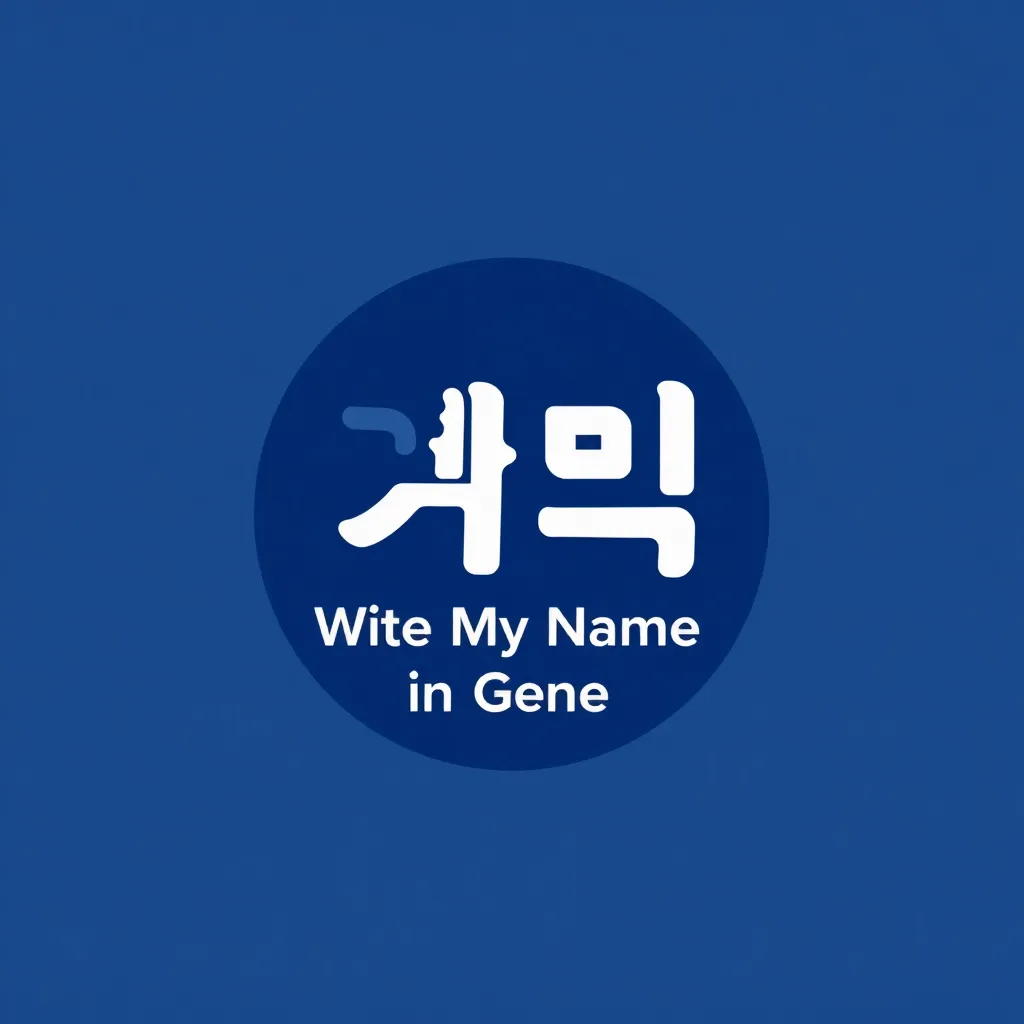
Write Your Name in Korean
Effortlessly translate your name into Korean characters.
Write My Name in Korean Generator
What is the Write My Name in Korean Generator?
This generator transcribes your name into the Korean alphabet, Hangul. It provides the most phonetically accurate representation of your name using Korean characters.
Personalized Korean Name
Get a unique and personalized transliteration of your name in Korean.
Phonetic Accuracy
Designed to provide the closest phonetic equivalent of your name in Hangul.
Easy to Use
Simply enter your name and instantly see it written in Korean.
Great for Korean Culture Enthusiasts
Perfect for K-Pop fans, K-Drama watchers, and anyone interested in Korean culture.
Easy Steps to Get Your Korean Name
Follow these simple steps to translate your name into Korean:
Enter Your Name
Type your name into the provided text field.
Click 'Generate'
Press the 'Generate' button to start the translation process.
View Your Korean Name
Your name transliterated into Korean will be displayed instantly.
Unveiling the Power of Korean Name Generators: More Than Just Transliteration
Korean name generators are fascinating AI tools that offer a glimpse into the beauty and complexity of the Korean language and its naming conventions. While many might assume these generators simply translate names letter-for-letter, they often do much more, aiming for a more authentic and meaningful Koreanized version. The functionality goes beyond simple transliteration, trying to capture the essence and sound of a name within the context of Korean phonetics and cultural norms surrounding names.
Essentially, these generators consider the sounds of your name and then map them to corresponding Korean syllables (Hangul). Depending on the sophistication of the algorithm, it may also analyze the meaning of your English name to suggest Korean alternatives that carry a similar connotation or positive attribute. Some generators also provide options to choose gender-specific names, reflecting the role of traditional Korean naming practices.
The end goal? To provide you with a Korean name that is pronounceable, aesthetically pleasing, and perhaps even imbued with a sense of cultural appropriateness. This is perfect for those interested in learning Korean, engaging with Korean culture, creating Korean avatars, or even for fictional storytelling.
Diving Deeper: Iconic Content & Background Stories Revealed
While a name generator gives a generated output, a deeper understanding of Korean names comes from recognizing actual historical naming patterns. Consider these noteworthy aspects:
| Iconic Content / Naming Convention | Source / Background Story | Significance |
|---|---|---|
| Family Names and Clan Origin | Traditionally, Korean family names (S姓) are inherited patrilineally and each name is associated with a bon-gwan (本貫), or clan origin. These bon-gwans link families to a specific ancestral place, reinforcing their lineage and heritage. | Demonstrates the importance of lineage and ancestry in Korean society. Each clan carries a unique history potentially impacting individuals feeling of identity. |
| Generation Names (字輩) | Many Korean families use generation names ( 항렬자; hangnyeolja), specific characters chosen cyclically to denote different generations within the same family. These names are shared by all members of a specific generation. | These names establish order amongst familial members from certain blood relations. Provides an easy way to determine relative age amongst distant members, useful for important social interactions |
| Meaningful Given Names | Given names (名) are carefully chosen, often reflecting characteristics desired for the child. Traditionally, parents (and sometimes grandparents depending on circumstances) consulted an almanac to balance yin and yang or determine if there were other special numerological considerations from the child’s time and space of birth to choose proper hanja characters to spell out the given name. | Reinforces aspiration for a fulfilling life. Given how many Korean hanja characters can be used interchangeably today, selecting the right number, gender presentation, and visual complexity become important factors. |
| Stages of Names | Traditionally, when Korean men turned twenty, a ‘child’ name became deemed inappropriate for an adult and thus was expected to adopt an adult name that typically came along with his status or post in society. | Reflects the tradition of maturity and progression along a social hierarchy |
| Using “Kim” as a Surnrame | “Kim” (김) is the most common surname in Korea, making up roughly 20% of the population. It originated during the Three Kingdoms Period, attributed most of the original holders to be ancient royalty. | Highlights the distribution of common/rare and importance of historical context behind the origin’s distribution of surnames in Korea. |
Learning about these nuances makes an “AI Name Generator” a starting but imperfect and flawed tool for anyone attempting to create appropriate representations of Korean names. Understanding naming pattern and associated cultural signifiers adds layers of authentic appreciation in understanding and working with Korean given name considerations in creative pursuits .
Relation Tools

Etsy Store Name Generator
Craft the perfect brand identity with a catchy and memorable Etsy store name.
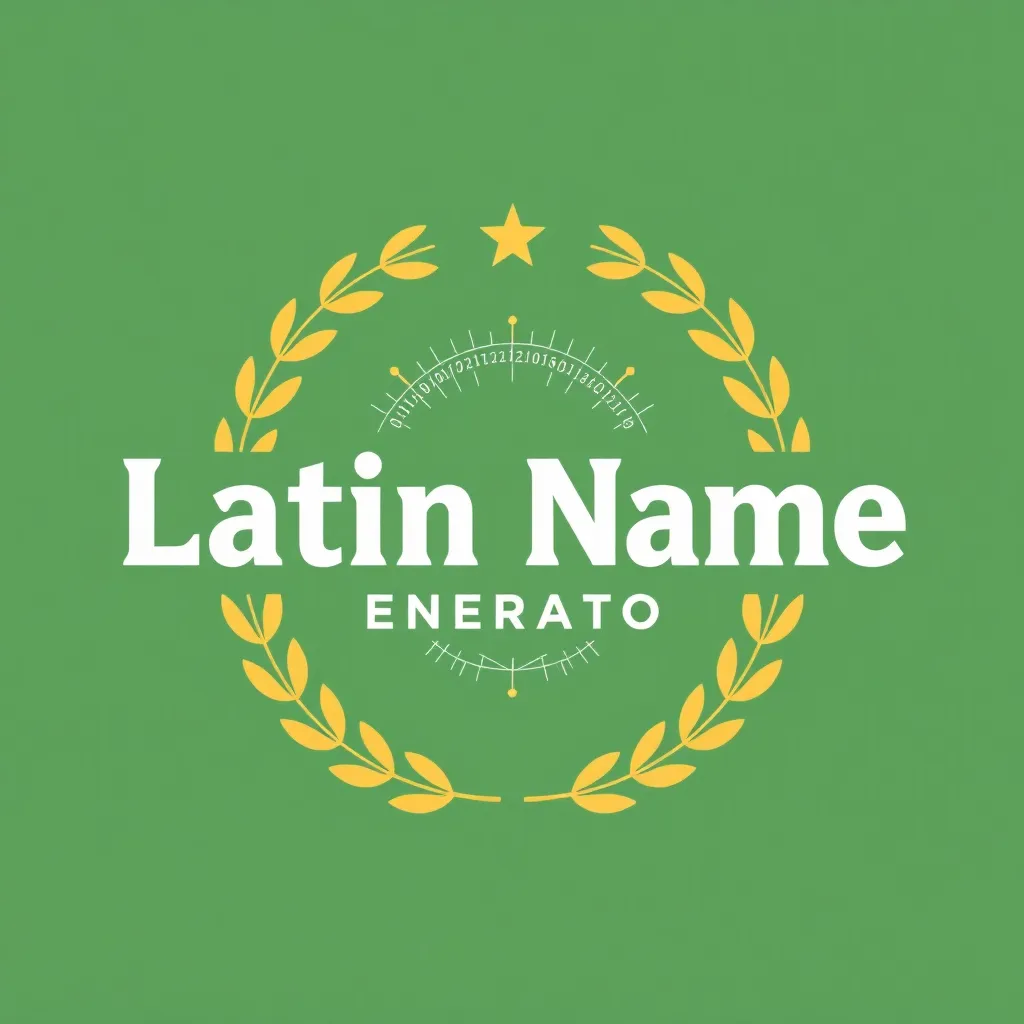
Latin Name Generator
Generate unique and authentic Latin names for your projects.
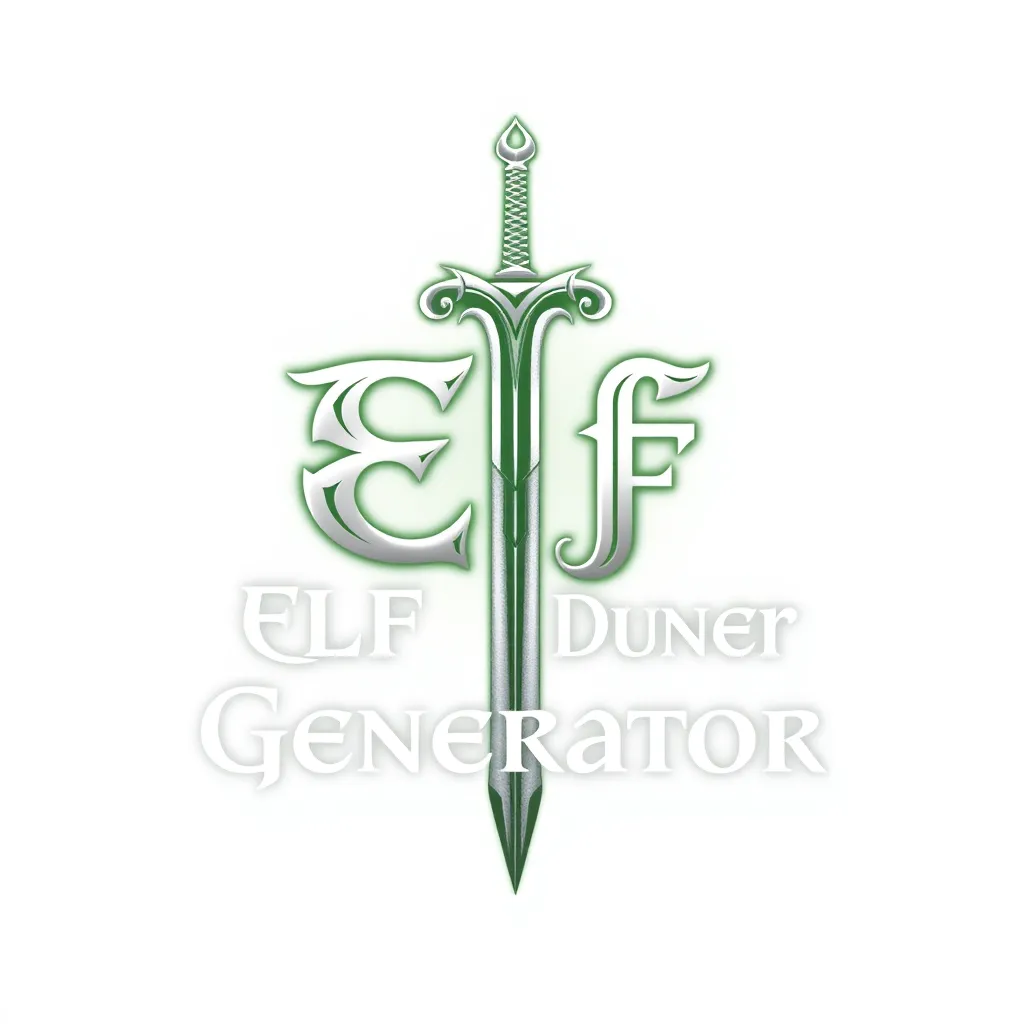
Elf DnD Name Generator
Craft the Perfect Elven Identity: Generate Authentic DnD Elf Names

Swedish Name Generator
Discover unique and traditional Swedish names for any purpose.
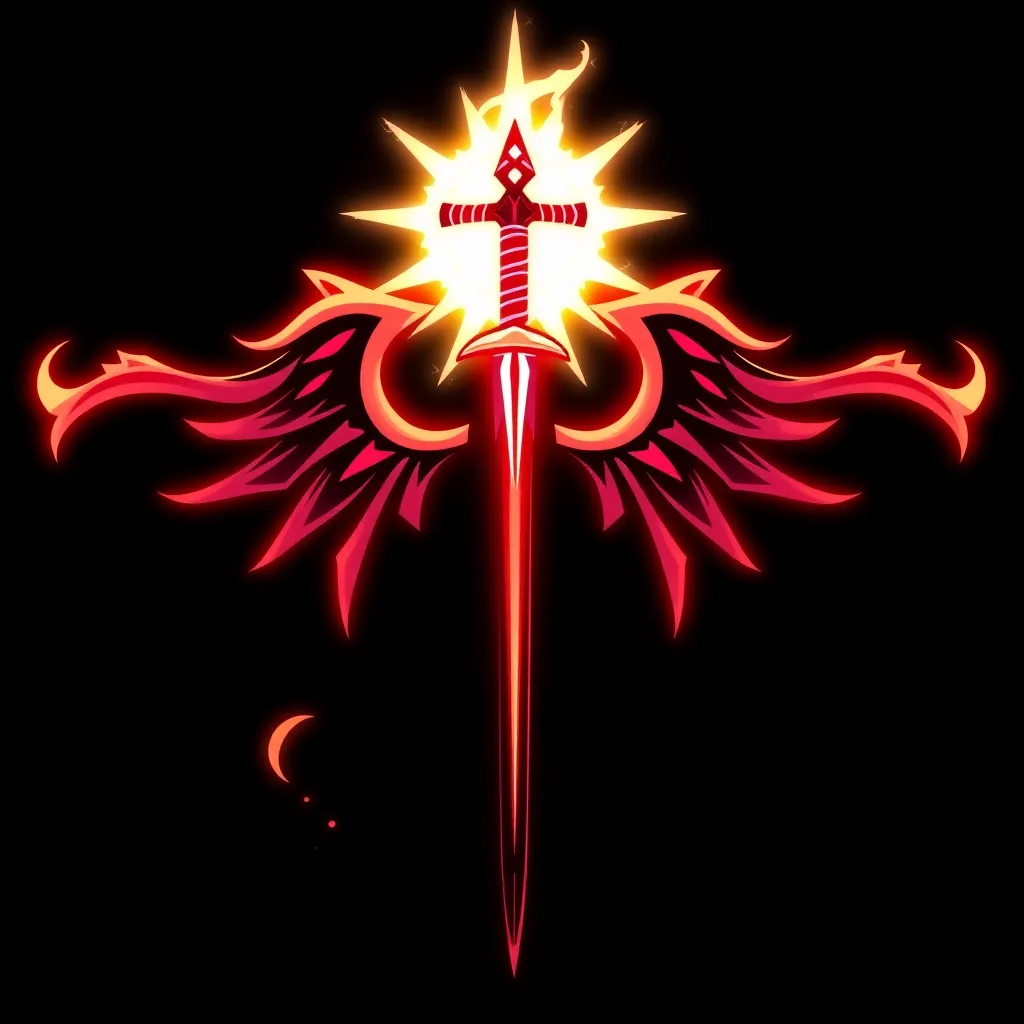
Zanpakuto Name Generator
Craft the perfect name for your soul-cutting sword!

Book Name Generator
Struggling to find the perfect title for your masterpiece? Let our AI Book Name Generator spark your creativity!
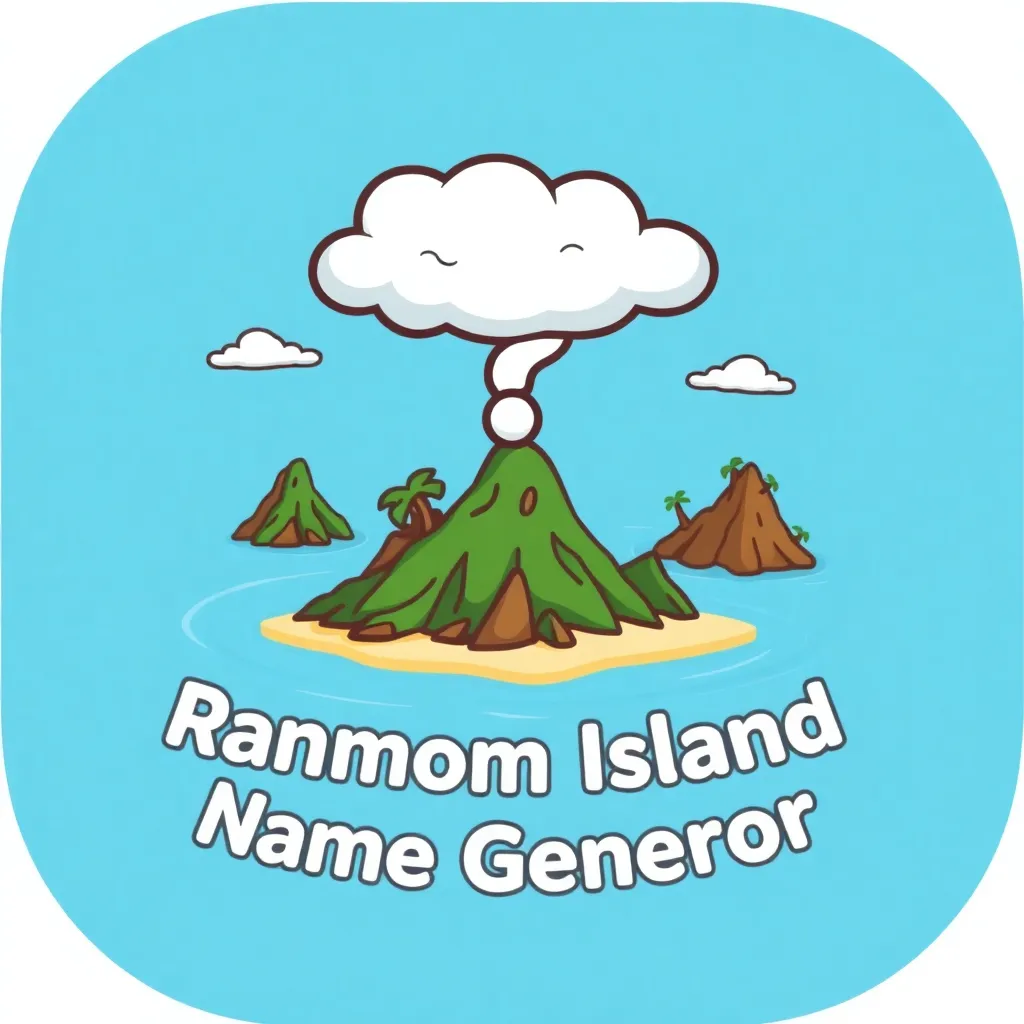
Random Island Name Generator
Stuck brainstorming island names? Our generator sparks creativity with unique and memorable suggestions.
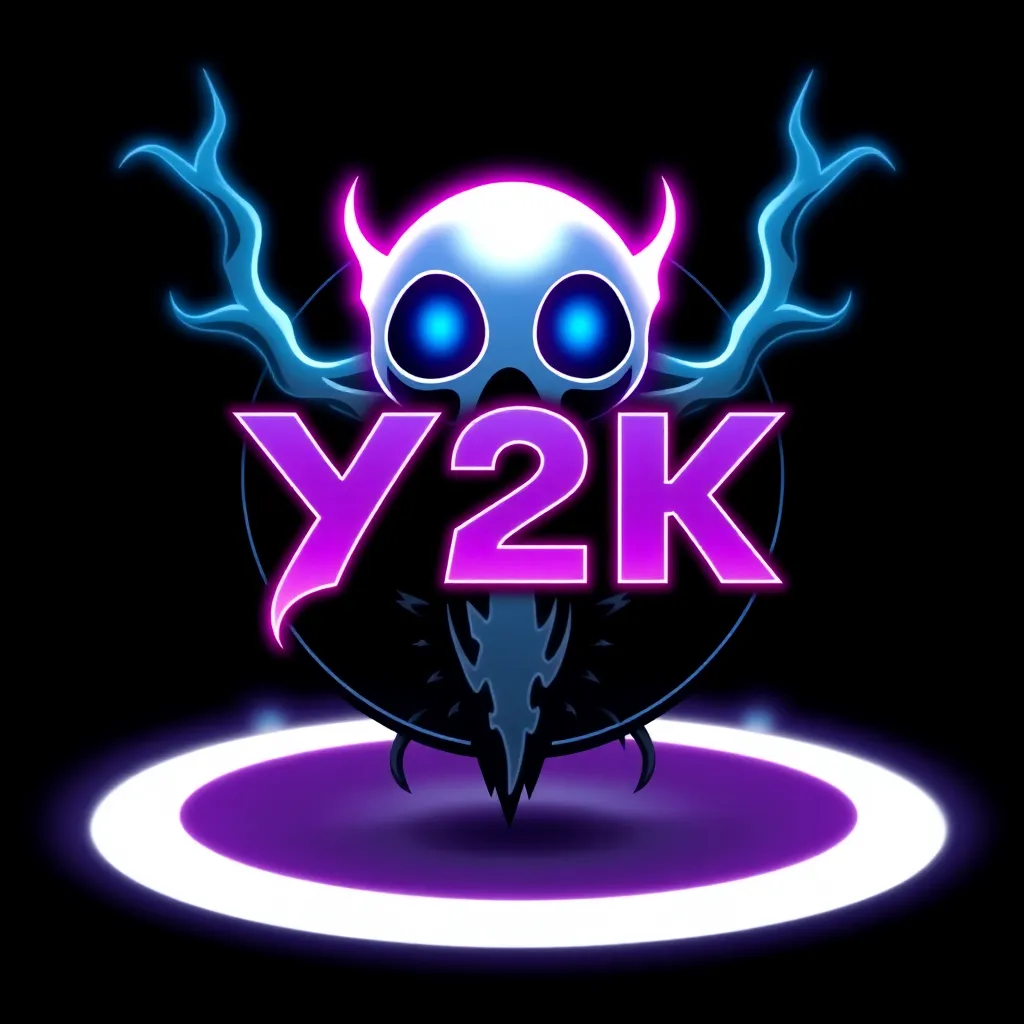
Spooky Y2K Name Generator
Generate edgy & nostalgic names inspired by the spooky side of the Y2K era.

Warrior Cats Clan Name Generator
Generate the perfect name for your Warrior Cat Clan!
Examples of Translated Names
See how various names are translated into Korean:
Michael
마이클 (Maikeul)
Sarah
사라 (Sara)
David
데이비드 (Deibideu)
Emily
에밀리 (Emilli)
John
존 (Jon)
Alice
앨리스 (Aelliseu)
Frequently Asked Questions
Find answers to common questions about our Korean name generator: